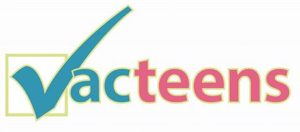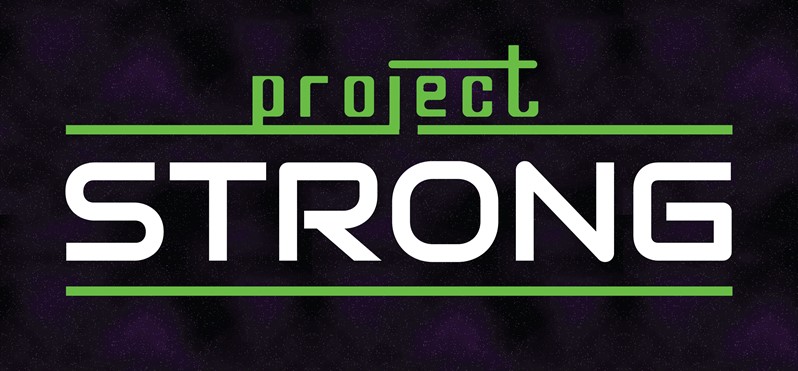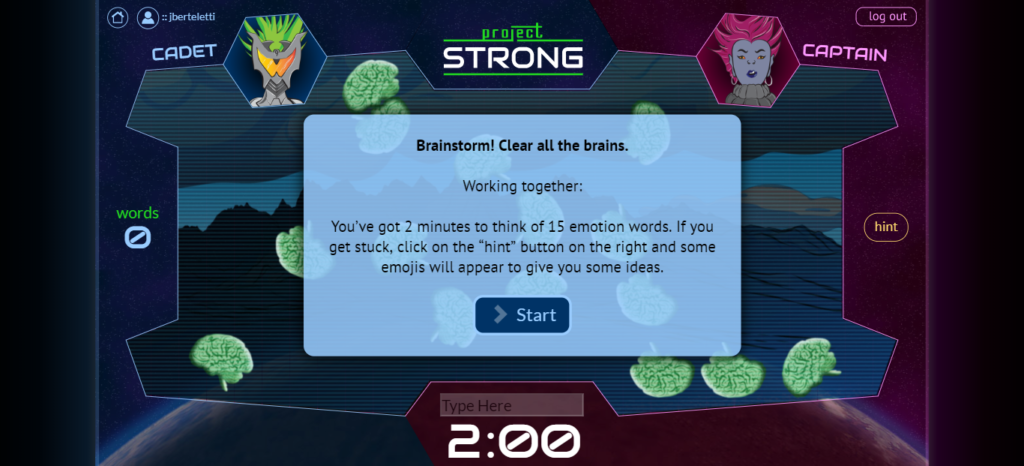Introducing Way To Serve Español!
WayToServe®, an evidence-based online responsible alcohol server training program, has been launched in Spanish in California – as Way To Serve Español – to meet the needs of Spanish-speakers in the food and beverage industry.

Responsible Beverage Service (RBS) training has shown promise to reduce alcohol-related injury and mortality. WayToServe was created by scientists and developers from the University of New Mexico, the Pacific Institute for Research and Evaluation, and Klein Buendel. The engaging, media-rich program was initially evaluated in a randomized controlled trial that resulted in high trainee satisfaction and increased refusal of sales to intoxicated patrons. WayToServe was licensed to Wedge Communications LLC and launched into the online marketplace in 2012. To date, WayToServe has been expanded and approved for sale and certification of trainers in New Mexico, California, Texas, and Washington. Wedge Communications will distribute Way To Serve Español, as well.
The original WayToServe project was sponsored by two grants from National Institute on Alcohol Abuse and Alcoholism to the University of New Mexico (AA014982 and AA016606; Dr. W. Gill Woodall, Principal Investigator). The subsequent WayToServe Español project was sponsored by a grant from the National Institute of Minority Health and Health Disparities (MD010405; Dr. W. Gill Woodall, Klein Buendel Senior Scientist, Principal Investigator). Collaborators included Dr. Robert Saltz from the Pacific Institute for Research and Evaluation; Dr. Frank Perez and Dr. Areli Chacon Silva from the University of Texas at El Paso; Dr. Victoria Sanchez and Dr. Randall Starling from the University of New Mexico; Dr. David Buller, Ms. Jeanny Camacho Reither, Ms. Lila Martinez, and Ms. Marita Brooks from Klein Buendel.






 Dr. Victoria Sánchez is an Associate Professor in the
Dr. Victoria Sánchez is an Associate Professor in the